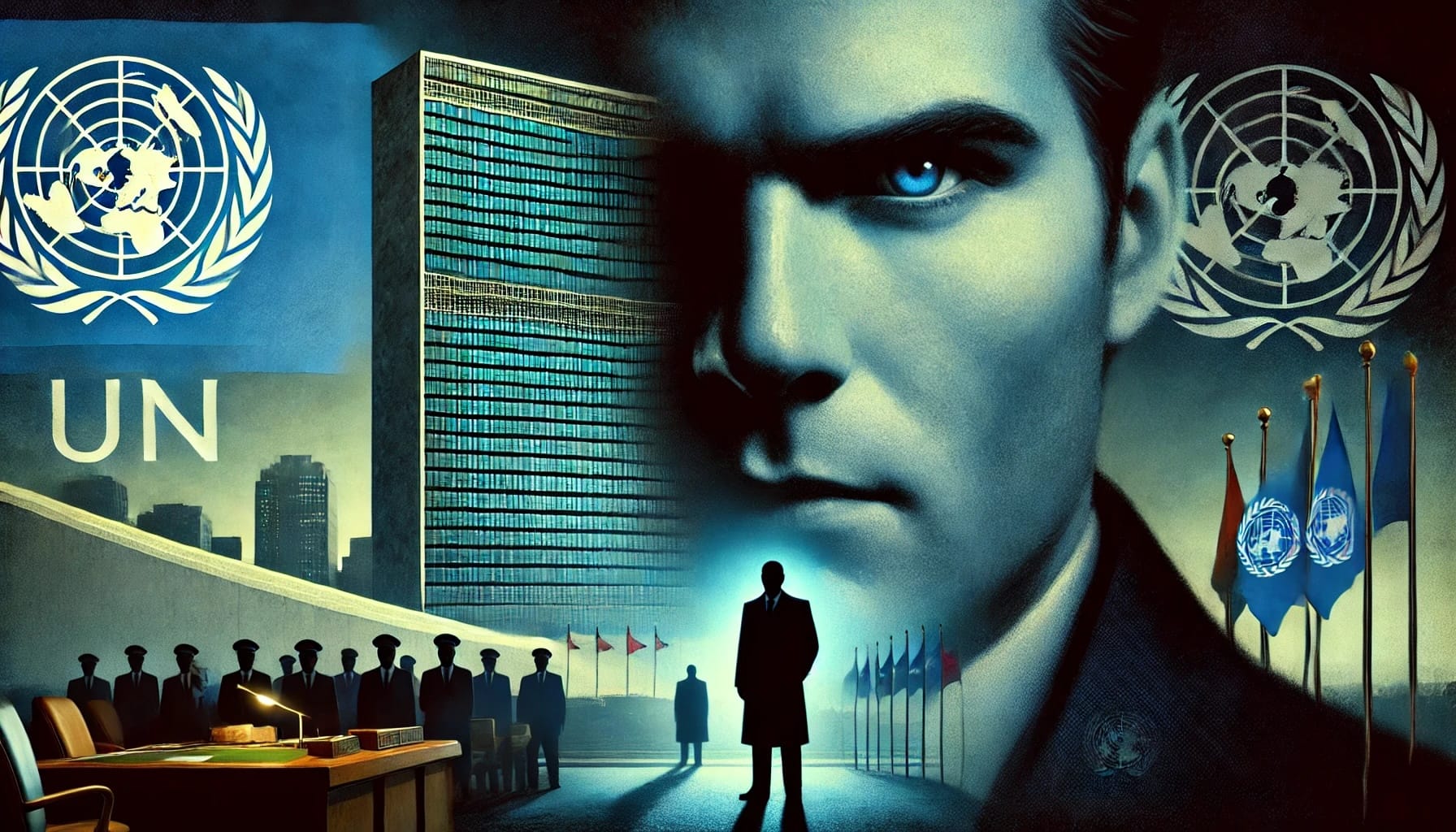The Story Ends, But The Shadows Remain
Dear fellow truth-seekers and diplomatic voyeurs,
Well, would you look at that – we've actually reached the end. After months of peeling back the layers of bureaucratic absurdity, exposing the machinations of power brokers, and watching Darren Melvik navigate the labyrinthine world of international diplomacy, our journey with "The 13th Apostle and the UN" has come to its conclusion.
But here's the thing about endings in the world of global governance: they're rarely as neat as we'd like them to be. Much like the UN itself, conclusions tend to spawn new questions, new conflicts, and new opportunities for those brave enough to shine a light into the shadows.
Speaking of light – the complete story is now available on Amazon.
Feel free to share this news far and wide – after all, in our interconnected world, information wants to be free. Just ask any whistleblower.
To each of you who followed this story chapter by chapter, offering your insights, sharing your own tales from the diplomatic trenches, and maintaining your sanity while I slowly unveiled the controlled chaos of international bureaucracy – thank you. Your patience has been more reliable than UN peacekeeping missions, and your support more consistent than Security Council resolutions.
But here's where things get interesting: this world we're living in right now? It's practically begging for more stories like this. Between the geopolitical chess games, the rise of digital diplomacy (and digital disasters), and the eternal struggle between idealism and realpolitik, there's no shortage of shadows to explore.
I've got a couple of ideas brewing – storylines that would make even the most seasoned diplomatic correspondent do a double-take. The UN Shadows series must continue, especially now when the line between fiction and front-page news grows thinner by the day.
Reality, as I've mentioned before, is often stranger than fiction. But fiction has the advantage of being able to connect the dots that reality conveniently leaves scattered.
We'll be in touch soon, dear friends. The shadows are shifting, new players are emerging on the global stage, and somewhere in the corridors of power, fresh controversies are gestating like policy papers in committee.
Until then, keep questioning everything. The truth may be out there, but it's usually hiding behind a very well-crafted press release.
Stay vigilant,
Victor Modström
P.S. Remember: In the age of information, ignorance is a choice. But as Darren Melvik learned, knowledge sometimes comes with a price tag that even diplomatic immunity can't cover.
